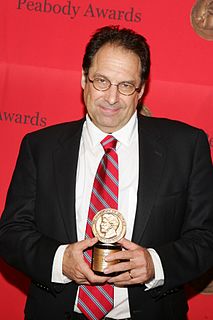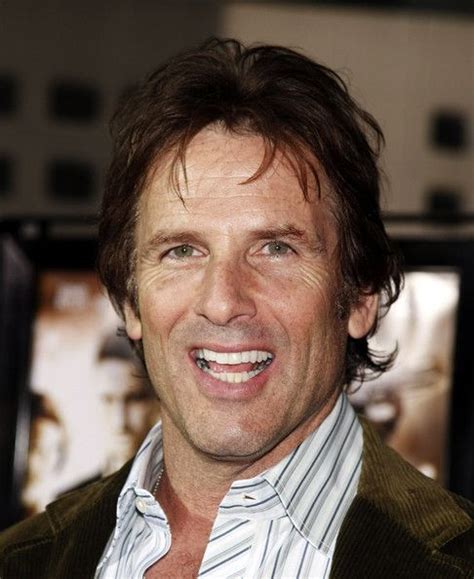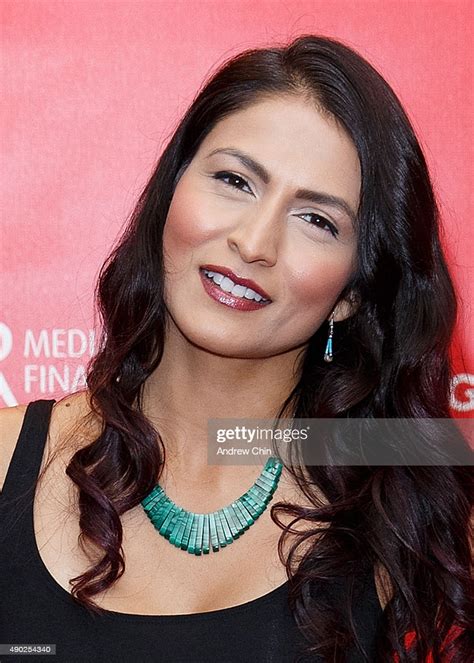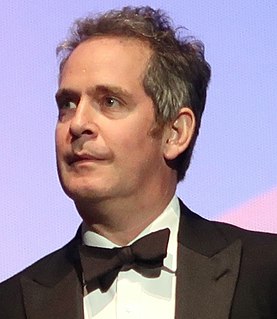A Quote by David Milch
My process is very disempowering to the director anyway, so it's essential that you be respectful. Once we've sort of found the scene, I have to get out of there, because you don't want to split the actor's idea of who's in charge.
Related Quotes
Stepping out of the director's chair completely and into a scene as an actor was weird. It was more excitement about directing than anything, but I was on a high from being a director and enjoying that process so much that going back to being an actor was almost secondary because I really was loving directing.
Certainly as an actor, half of your work is not going to end up on the screen anyway, because in the editorial process, they need to cut to the other actor in the scene. Very often, your best work ends up on the cutting room floor, because it just doesn't work with the overall narrative drive of the story.
I think you get the most honest performances when an actor shows up to set with their lines memorized. That's a very important thing that a lot of people seem to forget. You have a pre-conceived notion of what you want the scene to be, but once you get there, that goes out the window and it turns out to be a way that you never imagined.
I think one of the things you have to be aware of as an actor is that if you come on the set and see the director standing there mouthing all the words while a scene is going on, that's usually a very bad sign because it means the director has already shot the scene in his head. He knows exactly the rhythm and the nuances that he wants delivered in the line and you're not going to dissuade him.
I'm the type of actor that believes the director has to be in charge. I've been on sets where the actor's ego was the most important thing, and with a director that messes it up. But I don't like a dictator, I want it to be collaborative - the best idea wins. If I feel respected, and I'm going to give that back. If a director wants to try something, cool, I'll give it back. I also feel like they cast me for a reason, so I'm going to make my mark on it... let me do my thing.
Yes, there was a massive difference between their styles. David is a very technical director and Chris is an actor's director, in the sense of emotion. With David, he's done horror films, so Eclipse is much darker, whereas I found New Moon really light and poetic. I didn't have as much interaction with David because the casting process was already done.
I generally enjoy the rehearsal process because that's where you can share your ideas, get your thoughts and feelings out and see whether or not they're going to land, whether or not people are going to agree with them, particularly the director. So you can sort out in that process any elements that need to be sorted out before you're on the set, and of course that saves time and it also makes everyone more comfortable working together.
Performance is made in the editing room, and I've come to see the truth in that - the idea that they say performances are usually made in the editing room because what you film is the raw material. I think just going through the process of saying, "Which take do we use? Why is that the take we want? I want that take can you edit again, I'm not sure that's the one, I think it's this one." And just because you go through that process, I think somehow it's made me sort of more open about the [actor's] possibilities.




































